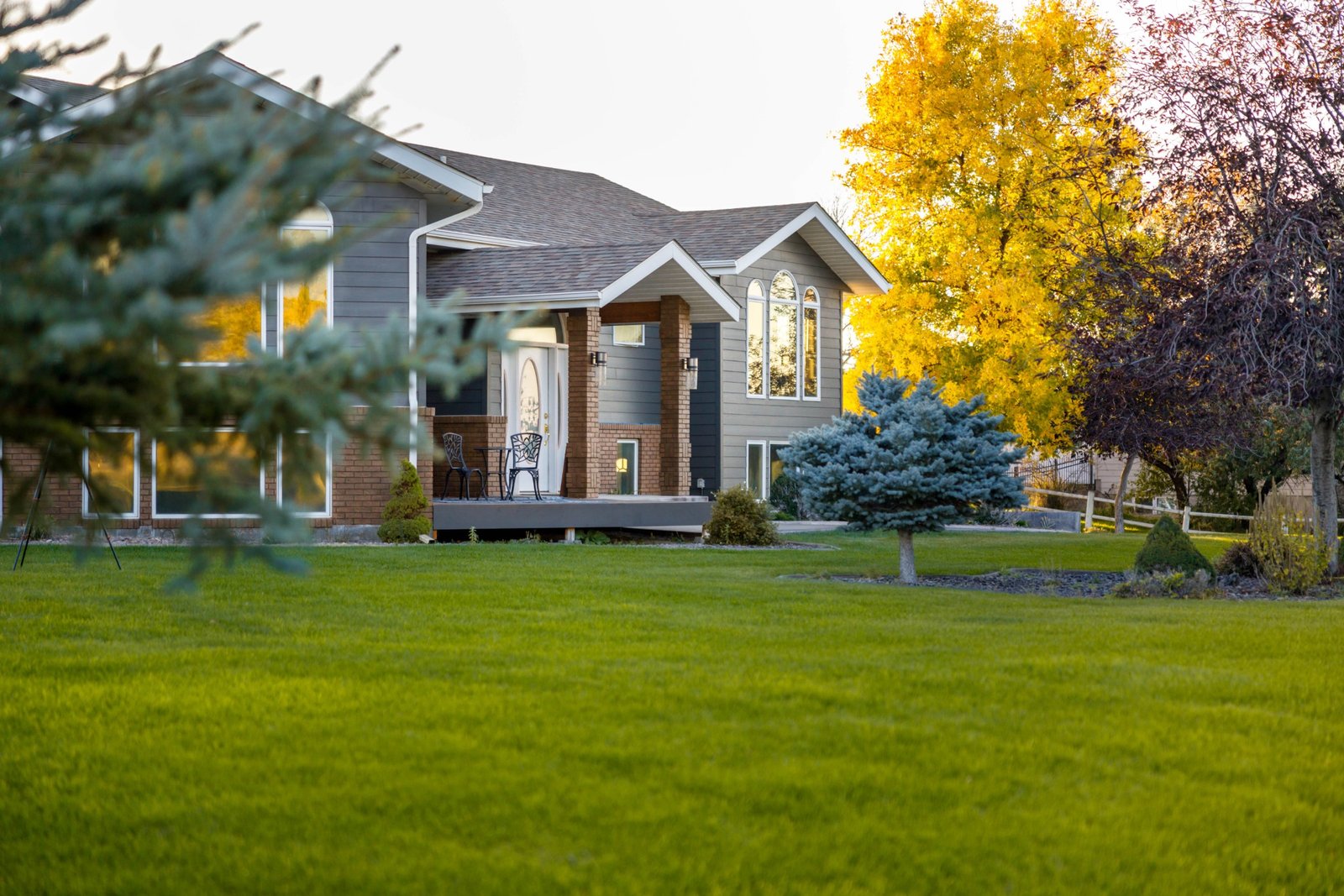Fire Prevention in Your Home: Essential Tips to Protect Your Family
Fire can spread quickly, causing irreparable damage to property and posing a serious threat to the safety of you and your family. However, many house fires can be prevented with simple precautions and proactive steps. By taking a few measures to safeguard your home, you can reduce the risk of a fire and help ensure that your family remains safe.
In this blog post, we’ll explore essential tips for fire prevention in your home. From maintaining smoke detectors to practicing fire safety habits, these actions can make a significant difference in protecting your household.
1. Install and Maintain Smoke Detectors
Smoke detectors are one of the most important devices for fire safety. In fact, having a working smoke detector in your home can increase the chances of survival in the event of a fire. Make sure to install smoke detectors on every floor of your home, including inside bedrooms and hallways.
It’s not enough to just install smoke detectors; regular maintenance is key. Test your detectors monthly to ensure they are functioning properly, and replace the batteries at least once a year. If your smoke detectors are over 10 years old, consider replacing them with new models to ensure their effectiveness.
2. Have a Fire Extinguisher Ready
Fire extinguishers are another crucial tool for fire safety. They can help you quickly put out small fires before they grow out of control. Make sure to keep a fire extinguisher in high-risk areas such as the kitchen, garage, and near the fireplace. It’s essential to learn how to use the extinguisher properly, so take the time to familiarize yourself with the PASS technique: Pull the pin, Aim the nozzle, Squeeze the handle, and Sweep from side to side.
Check fire extinguishers regularly to ensure they are charged and in good condition. If you use one, replace it immediately.
3. Check Your Electrical System
Electrical issues are one of the leading causes of house fires. Ensure your electrical system is up to code and free of hazards. Avoid overloading electrical outlets, as this can cause overheating and lead to a fire. Unplug electrical appliances when not in use, especially high-wattage items like space heaters or toasters.
If you notice any signs of electrical issues, such as flickering lights, tripped circuit breakers, or unusual smells, call a licensed electrician immediately to inspect and repair the system. Never attempt to fix electrical problems yourself.
4. Be Cautious with Cooking
Cooking is one of the most common causes of household fires. Whether you’re using a stove, oven, or microwave, never leave cooking food unattended. Always stay in the kitchen while cooking, especially when using high-heat appliances like the stovetop or deep fryer.
Keep flammable items like towels, paper towels, and oven mitts away from the stove. If a grease fire occurs, never use water to extinguish it; instead, cover the pan with a lid or use a fire extinguisher specifically designed for grease fires.
Additionally, make sure to clean the kitchen regularly. Grease buildup on the stove or in the oven can ignite if exposed to heat, so wipe down surfaces after cooking.
5. Practice Safe Heating
During colder months, space heaters and fireplaces can pose significant fire risks if not used properly. Keep flammable materials, such as furniture, blankets, and curtains, at least three feet away from heaters or heat sources. Always turn off space heaters when leaving a room or going to bed.
When using a fireplace, ensure the chimney is clean and free of debris. A clogged chimney can cause a buildup of flammable creosote, which can ignite. Have your chimney professionally cleaned at least once a year to prevent a chimney fire.
6. Maintain Your Yard and Property
Keeping your yard clear of debris can reduce the risk of a fire spreading to your home. Trim trees and bushes regularly, especially those near the house, and remove any dry leaves, branches, or other flammable materials. Fireplaces, grills, and campfires should be used with caution in outdoor spaces, ensuring that embers are fully extinguished before leaving them unattended.
In case of wildfires, create a defensible space around your home by maintaining a clear zone with minimal vegetation. This will help slow the spread of fire if one occurs nearby.
7. Create a Fire Escape Plan
Preparation is key when it comes to fire safety. Develop a fire escape plan for your family that includes clear routes out of every room and designated meeting spots outside the home. Make sure all family members, including children, know what to do in case of a fire.
Practice your escape plan regularly to ensure everyone can exit the home quickly and safely. Teach children how to stay low to the ground to avoid smoke inhalation and remind them never to hide in closets or under beds during a fire.
8. Keep Flammable Materials Safe
Many everyday items in your home can be highly flammable. Store flammable materials such as gasoline, paint, and cleaning supplies away from heat sources, in a well-ventilated area, and in fireproof containers if possible. Never store these materials in the home’s living areas.
Additionally, ensure that any matches, lighters, or candles are kept out of reach of children and pets.
Conclusion
Fire prevention is an essential part of maintaining a safe and secure home for your family. By following these simple steps—installing smoke detectors, maintaining electrical safety, practicing safe cooking habits, and creating an escape plan—you can significantly reduce the risk of fire and be better prepared in the event of an emergency. Remember, a few precautionary actions today could save lives and protect your property from the devastation of a fire. Stay safe and vigilant—your home’s safety is worth the effort.
24 Hour Emergency Services
Our Reviews
Call Now!
Our Latest Posts
630-835-4086
424 Fort Hill Drive, Suit 114
Naperville, IL 60540
- Quick Links
- About Us
- Locations
- Blog
- Reviews
- Request Free Estimate
- Contact Us
Newsletter + Promotions
We are fully insured!
Copyright © 2024 Bewise Master Cleaning & Restoration. All Rights Reserved. • Site Credits • Internet Privacy Policy




